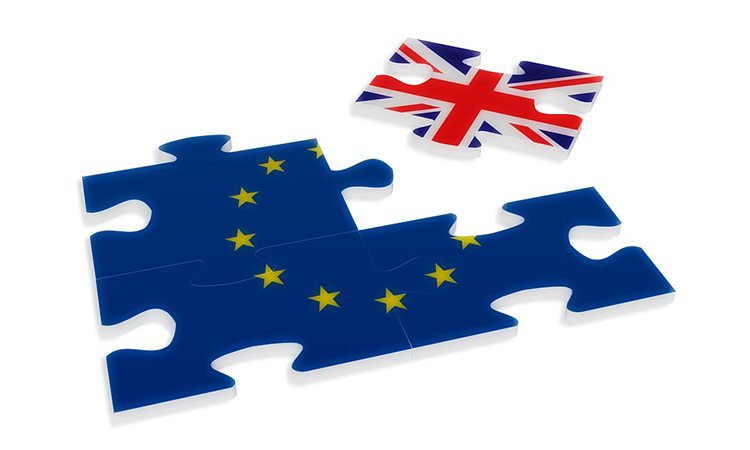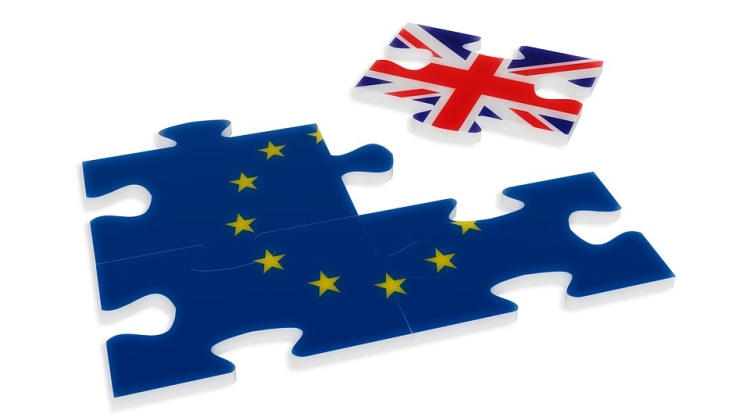Qualified Person certification performed in Great Britain will allow supply of IMPs to Northern Ireland(NI) until 31 December 2021. Qualified Person certification done in the EU/EEA will also enable supply of IMPs to NI via Great Britain until same date. From 1 January 2022, IMPs sourced from Great Britain to Northern Ireland will require importation via a MIA(IMP) holder in Northern Ireland or an EU/EEA State and certification by a Qualified Person named on the MIA(IMP). It is important to consider this coming change before 01 January 2022 as well as other route options that will not require importation controls to be performed in Northern Ireland which includes supplying IMPs to Northern Ireland directly from the EU/EEA.
Regulatory Compliance
Another significant aspect of Brexit is regulatory compliance. While it may still change in the future, the United Kingdom has implemented many new licensing and permit requirements for goods. Companies need to make sure that, within the parties participating in their supply chain, each has its applicable licensing, and imports and export permits are issued where needed. United Kingdom companies now need to either have a Wholesale Dealer License (WDL) or MIA in place to operate in the United Kingdom to import medicines materials and DP. For Clinical, an MIA (IMP) needs to be in place. This is vice versa. Exporting tissue needs a Tissue Establishment license in the EU country of import, however this regulation seems not to be consistent throughout the EU where countries wave tissue and others don’t. Even in the same country sometimes different opinions contradict.
Existing guidance issued by the United Kingdom and EU authorities will continue to apply to the areas that have not been covered by the Agreement. For example, in the United Kingdom, the Medicines and Healthcare Products Regulatory Agency (MHRA) has confirmed that the United Kingdom will accept batch testing and Qualified Person certification conducted in the European Economic Area (EEA) for a period of two years, until 01 January 2023. In contrast, the European Commission’s position is that the EU will not mutually recognize batch release and that each batch of finished product must be certified by a Qualified Person in the EEA before being released for placing on the market in the EEA.
Medical Devices Regulations
Medical Devices (MD) and In-Vitro Medical Devices (IVD) will also see their share of change. This affects ancillaries and laboratory kits as these mainly consist in Medical Devices or In-Vitro Medical Devices. As of today, when importing Medical Devices, In-Vitro Medical Devices into Great Britain (England, Wales, and Scotland), these need to be registered with the United Kingdom Medicines and Healthcare Products Regulatory Agency (MHRA) - with a different grace period for each class and type of devices - and carry the CE mark. Same applies for devices shipped and used in Northern Ireland.
A new conformity marking UKCA will substitute the CE mark in 01 July 2023 for Medical Devices, IVD used in Great Britain. The UKCA mark will not be recognized in the EU, EEA, or Northern Ireland where the CE mark only is valid. A double marking CE - UKNI is required if a United Kingdom Notified Body undertakes the conformity assessment for products brought and used in Northern Ireland. This double mark is not valid in the EU.
Nothing changes for products moving to EU: the CE marking is still mandatory except that United Kingdom Notified Bodies’ CE certifications are no longer recognized in EU.
Acknowledgment
The authoring team would like to thank ISPE Investigational Products Steering Committee for reviewing the blog and providing input.
Related Article

The United Kingdom (UK) (England, Northern Ireland, Scotland and Whales) is no longer part of the European Union (EU) Customs Union. Simply put, it means movement of goods between the UK and the EU are now to be an import and export trade transaction. Multiple industries have been impacted, including healthcare.
Learn More

Economic Operators Registration and Identification (EORI) Number Customs procedures also imply having an Importer of Record liable at destination as well as having each party, exporter, and importer, registered, and identified with its own EORI (from the Country it is based at). An XI EORI number is required to move goods between NI and non-EU Countries (which comprise Great Britain).
Learn More








